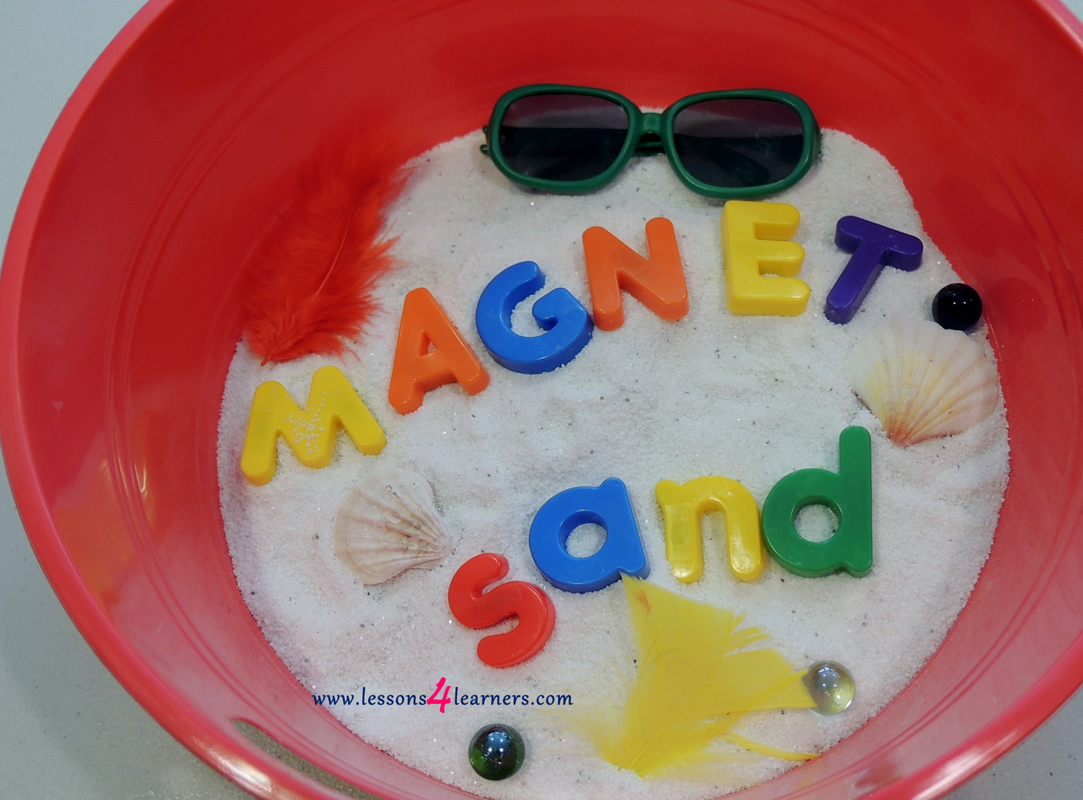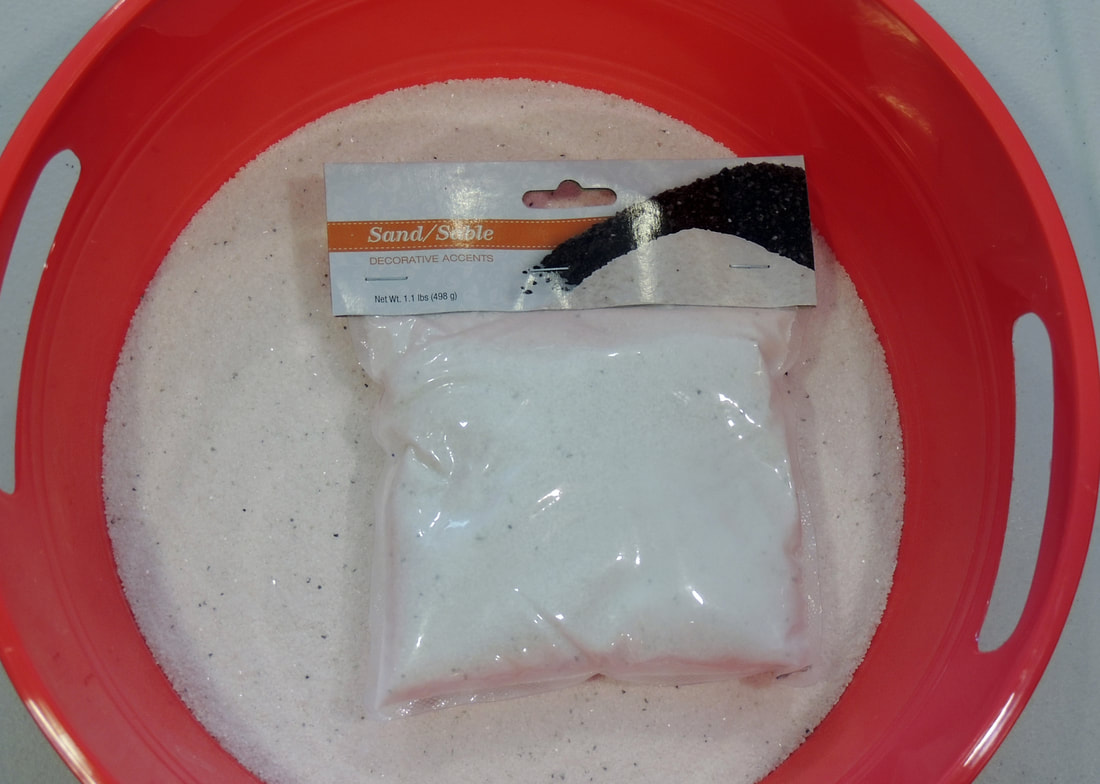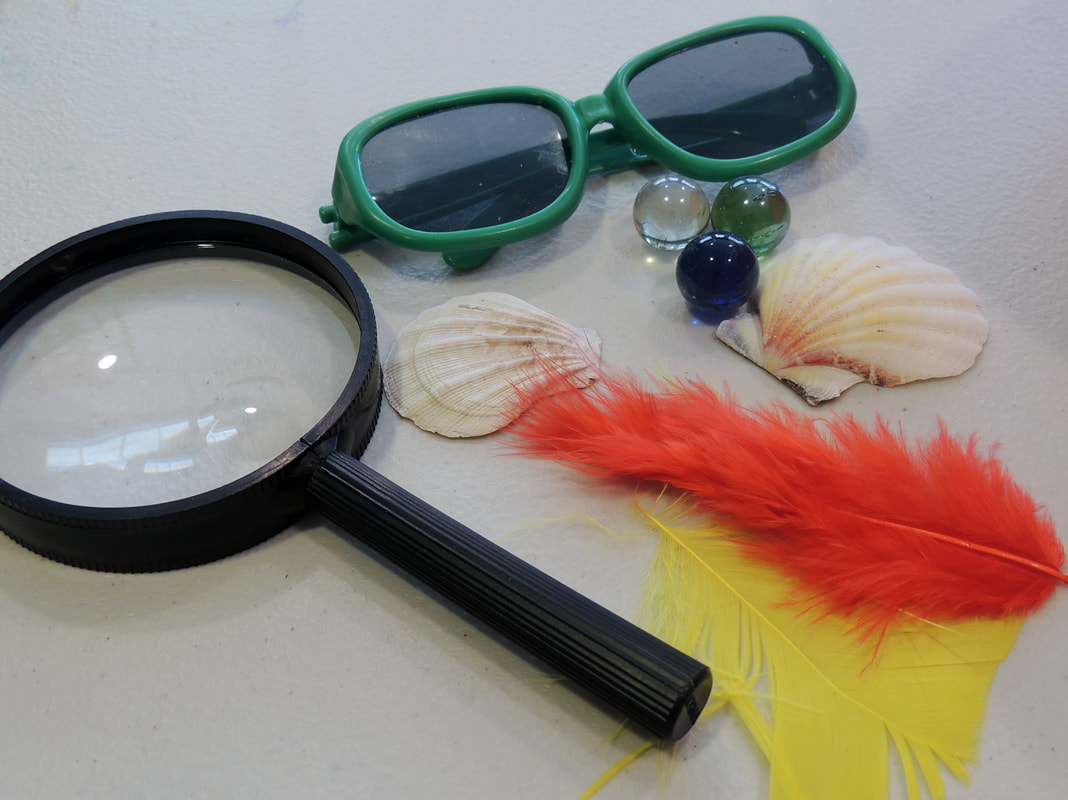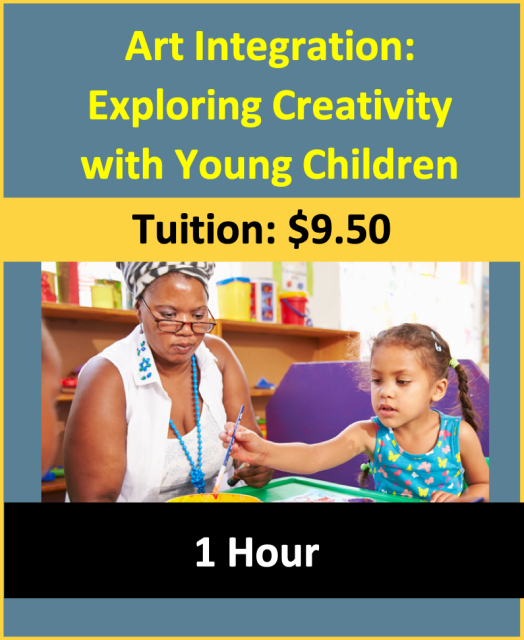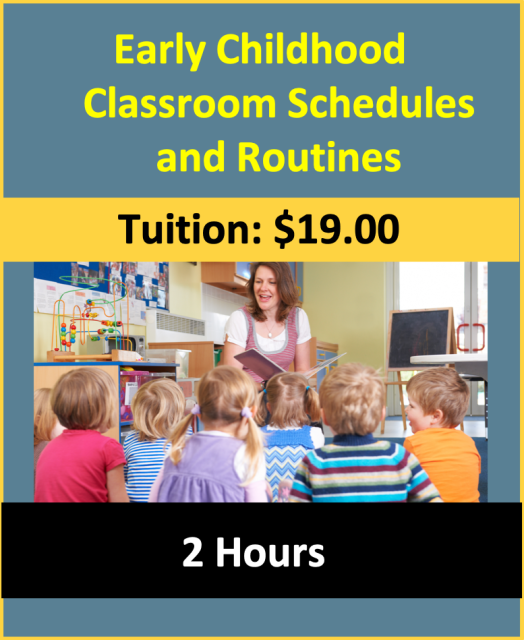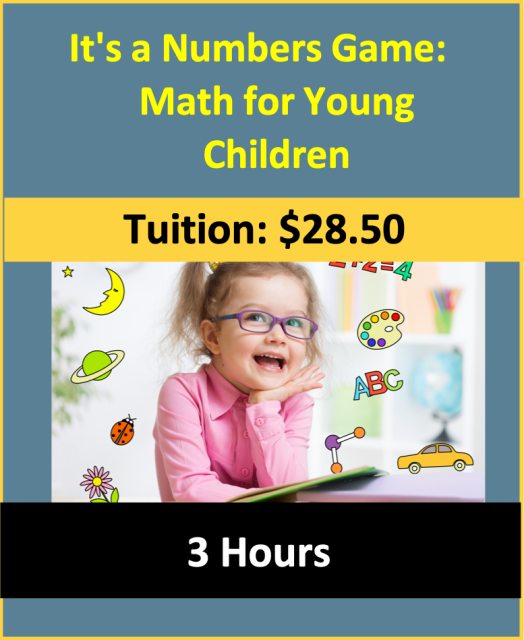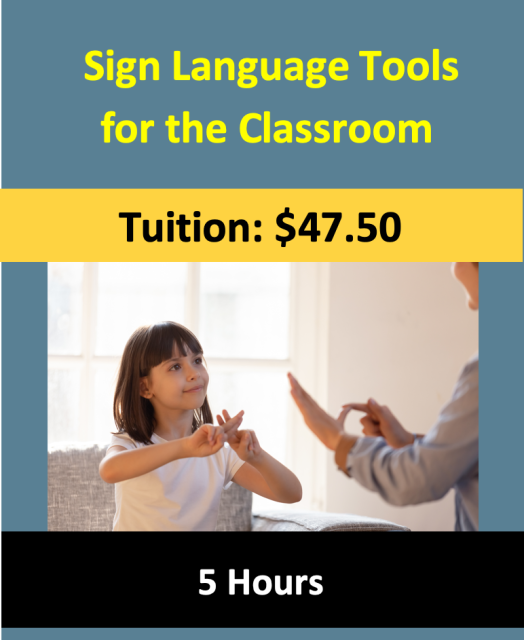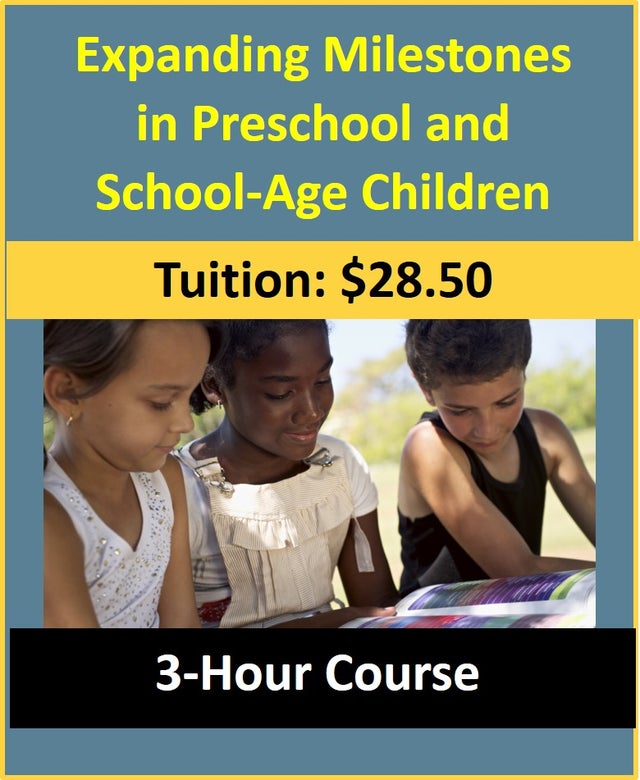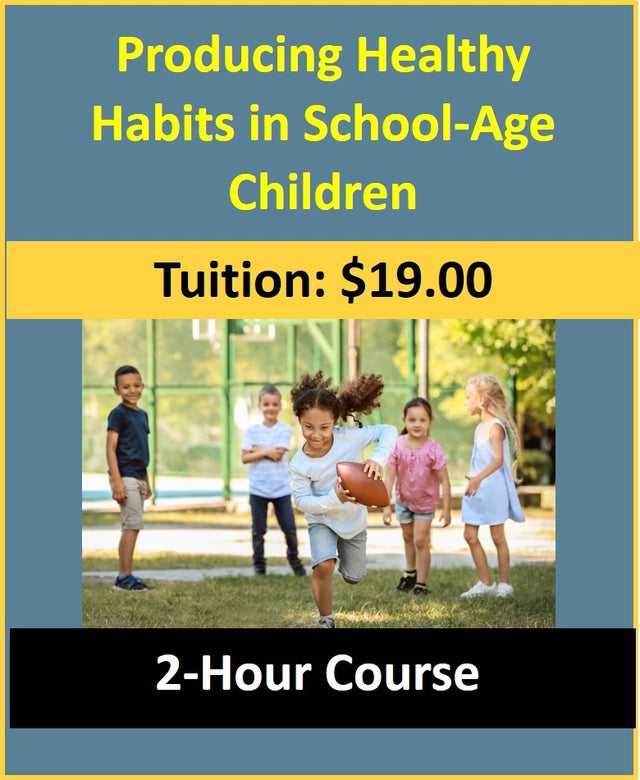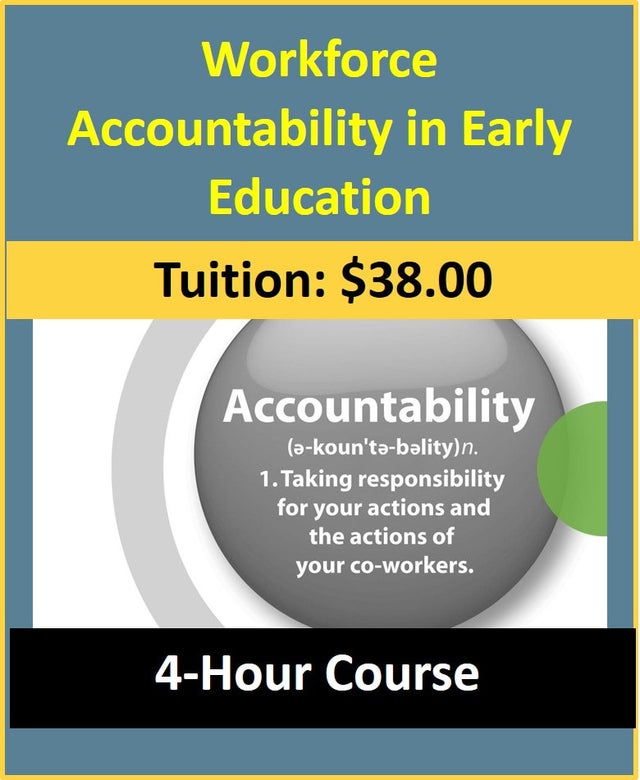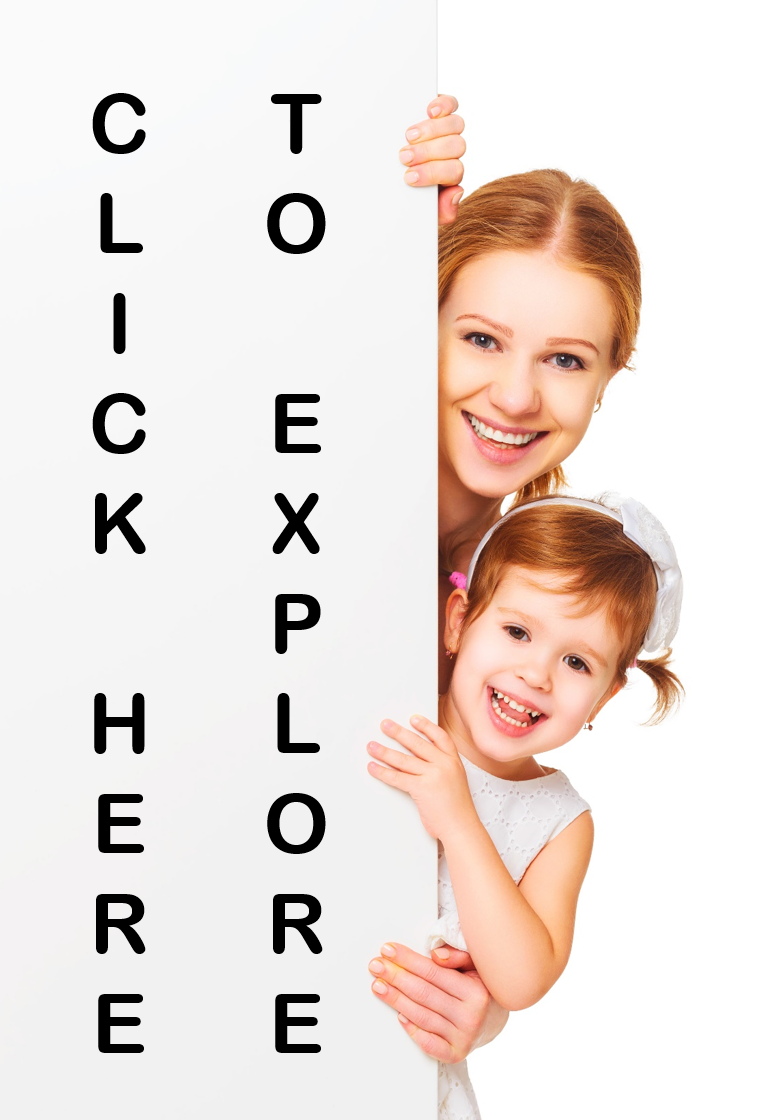Sand and Magnet Sensory Bin
Lesson Plan:
|
Activity:
Sand and Magnet Sensory Bin
Lesson plan developed by Ms. Erika Geelhoed, BA Ed
Age Group:
Objectives:
Children will:
|
|
II.6.3a
Materials:
|
Procedure:
- Prepare sensory bin by putting sand into a large plastic bin.
- Add in a variety of magnetic items and non-magnetic items along with a large magnet.
- Begin the lesson by reading What Magnets Can Do by Allen Fowler.
- Stop periodically while reading the non-fiction text to go over new vocabulary, answer questions or ask for/provide examples.
- When finished, invite children to explore magnetism using the sensory bin.
- While they are discovering, you can ask open-ended questions to pick their brain and encourage higher-level thinking.
- How do you know if an item is magnetic?
- What other things beside what are in the bin are magnetic do you think?
- Why do you think some items are magnetic and some are not?
Assessment:
- Observe and record the children’s actions when exploring in the sensory bin. Also, be sure to record any ideas or thoughts they expressed about the activity. Did they use any scientific vocabulary that was introduced to them at reading time?
Click on the course icon for enrollment information.
Magnet Magic
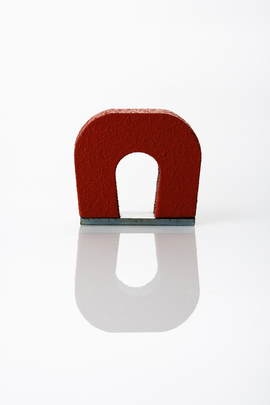
Magnets Throughout the Classroom
When introducing preschool students to magnets, explain that magnetic objects will attach on their own to some, but not all, types of surfaces. Children can discover for themselves the surfaces that attract magnets:
Dancing String
Attach something metal to a string. Hang the string from a table or the ceiling. Let your children use a magnet to make the objects dance.
What Does a Magnet Stick To
Have the children decorate tongue depressors or Popsicle sticks. Put a piece of magnet tape on the stick. Next take your children on a walk around the school to see what the magnet sticks will stick to.
Magnetic Pans
Fill cupcake pans with sand. Put different metal objects in the sand. Cover the top with something so that the children cannot get to the sand. Finally, give your children magnetic wands to move the metal objects around with.
Magnet Cars
When introducing preschool students to magnets, explain that magnetic objects will attach on their own to some, but not all, types of surfaces. Children can discover for themselves the surfaces that attract magnets:
- Encourage children to test different surfaces throughout the room to see where their magnets will stick. Examples of surfaces that can be used in this experiment include wooden table tops, steel doors or walls, carpet, and metal chair legs.
- Each time a new surface is tested, ask the children the question "Does the magnet stick to the ____?". After the experiment is finished, briefly explain how and why magnets are attracted to types of metal.
Dancing String
Attach something metal to a string. Hang the string from a table or the ceiling. Let your children use a magnet to make the objects dance.
What Does a Magnet Stick To
Have the children decorate tongue depressors or Popsicle sticks. Put a piece of magnet tape on the stick. Next take your children on a walk around the school to see what the magnet sticks will stick to.
Magnetic Pans
Fill cupcake pans with sand. Put different metal objects in the sand. Cover the top with something so that the children cannot get to the sand. Finally, give your children magnetic wands to move the metal objects around with.
Magnet Cars
- Attach bar magnets to the fronts of small toy cars with masking tape.
- Make sure that the magnets are attached, so that some will repel and some will attract.
- Let the children play with the cars.
- Ask them to roll two cars toward each other. What happens?
- Can they figure out a way to push a car without touching it?
